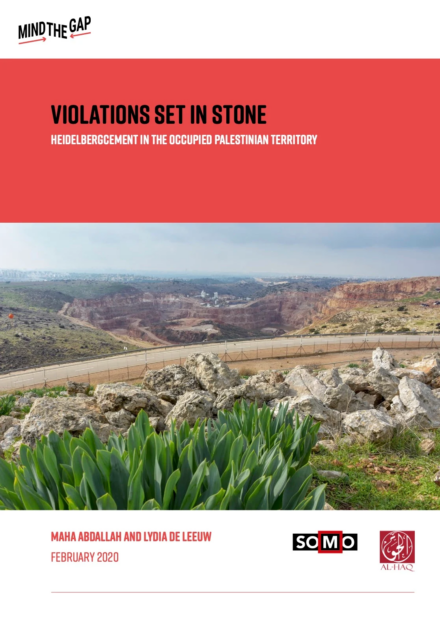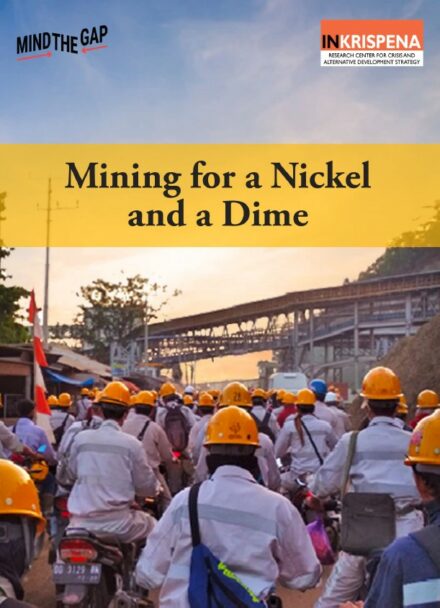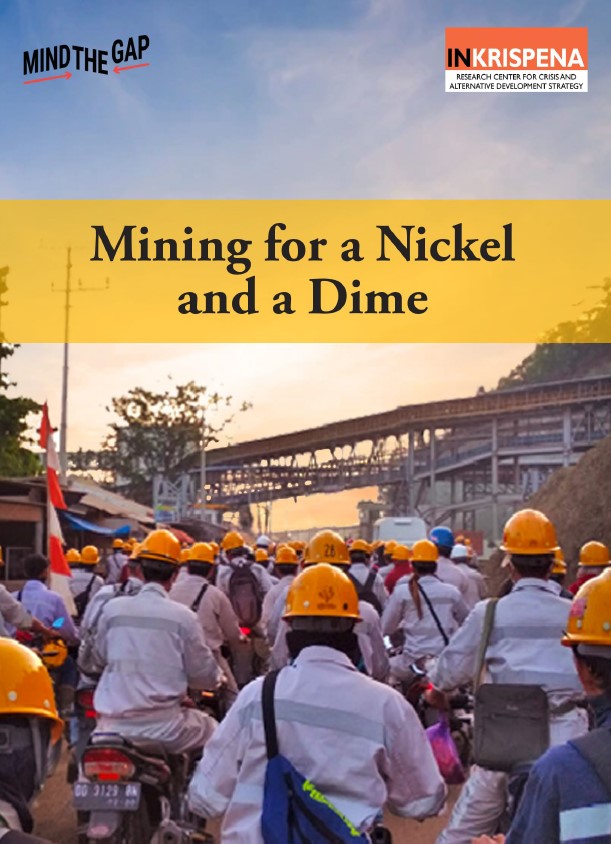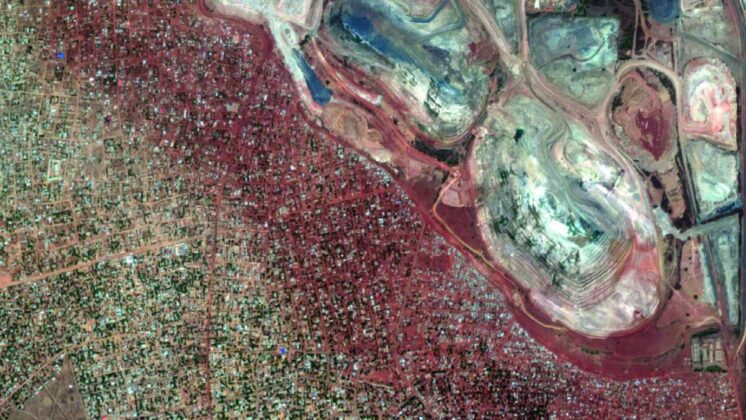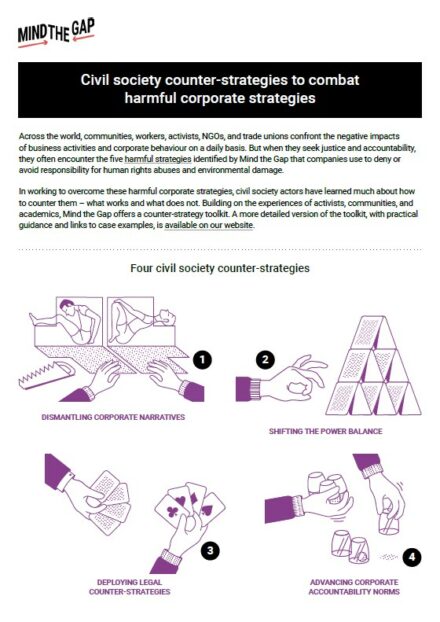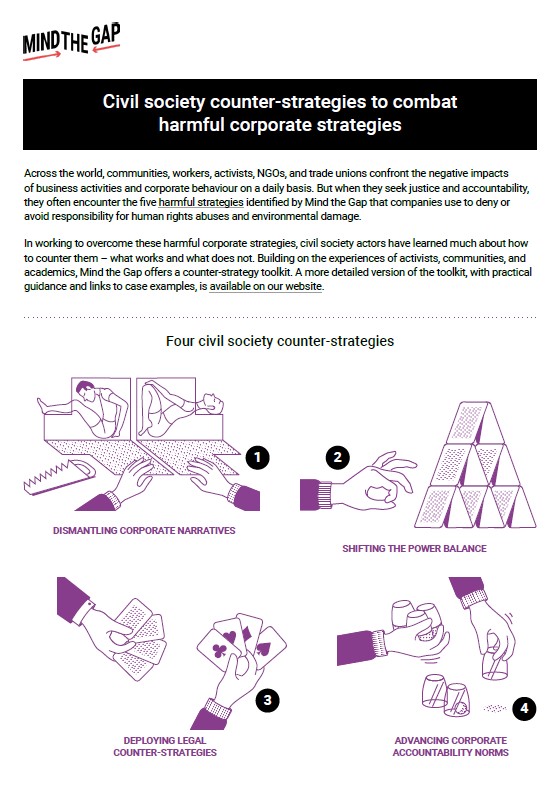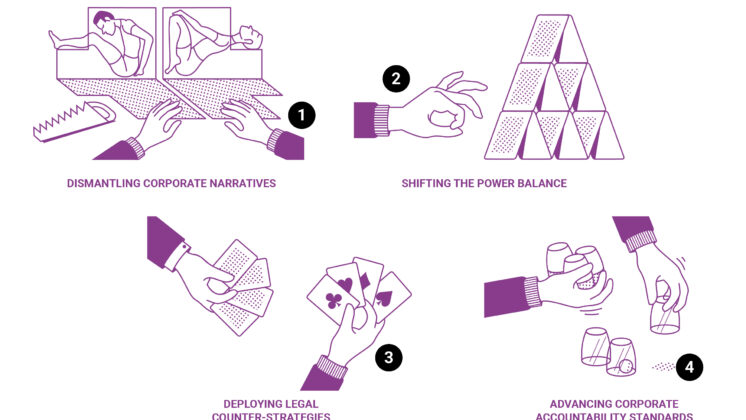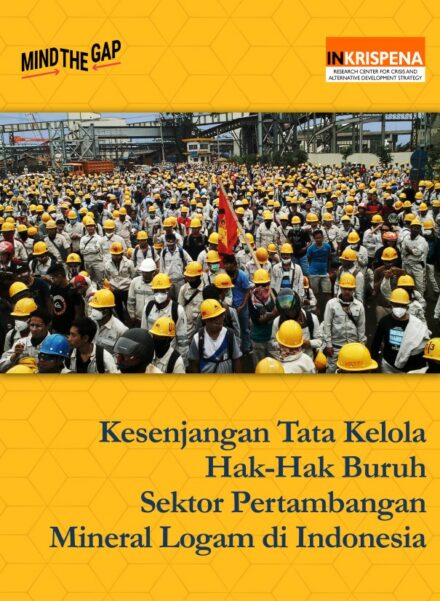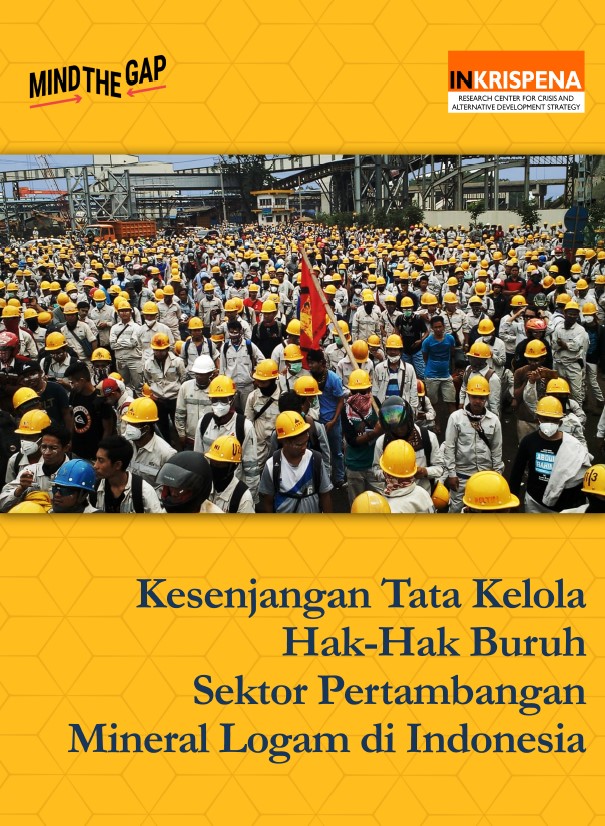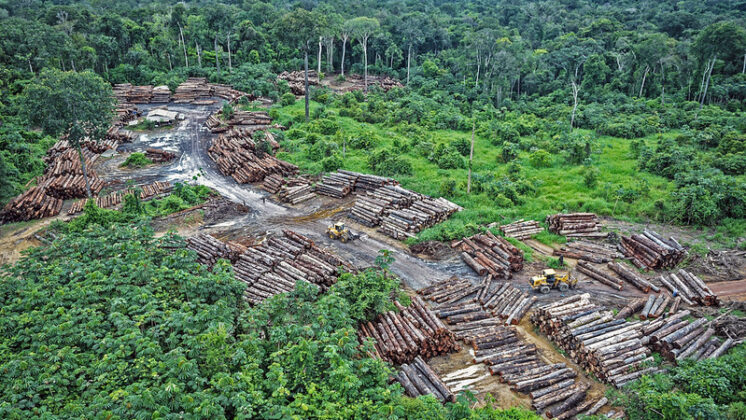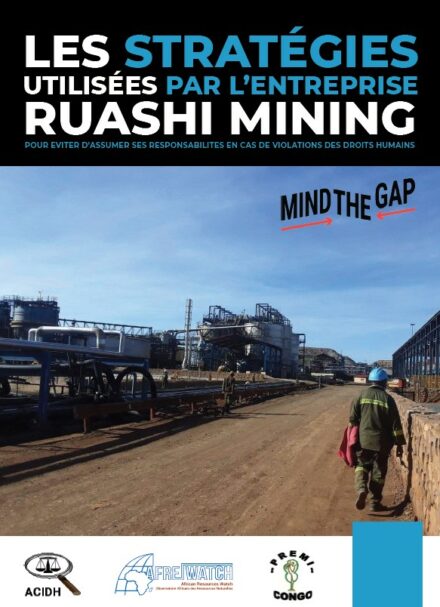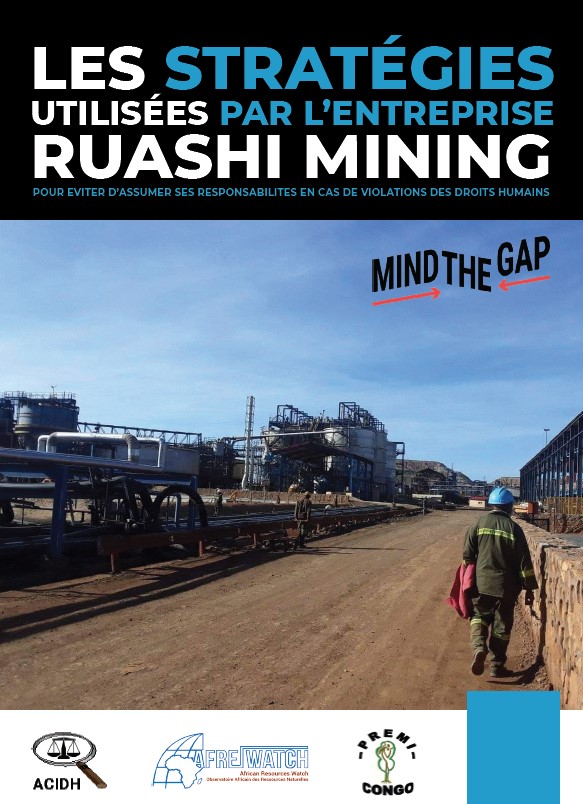The German multinational HeidelbergCement is complicit in the pillaging of natural resources from the Nahal Raba quarry in the occupied West Bank, with serious human rights violations against Palestinians, a new report by SOMO and Al-Haq shows.
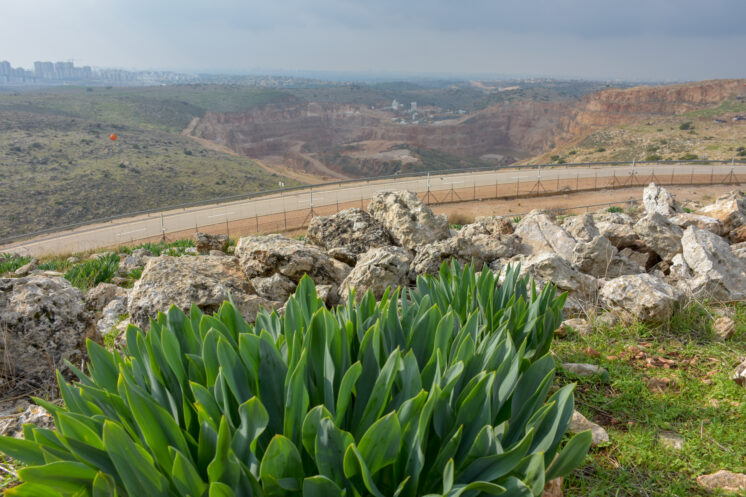 Photo: © Al-Haq
Photo: © Al-HaqViolations Set in Stone
Palestinian communities are being affected by land grabbing, stealing of natural resources, and dust pollution as a result of HeidelbergCement’s activities. The company is breaching international law in the Israeli-occupied Palestinian Territory, while avoiding responsibility for the violations it has been involved in.
For more than 13 years, the Nahal Raba quarry, located in Salfit on the West Bank, has denied Palestinian communities access to their lands and sources of livelihoods. Moreover, Hanson Israel, the subsidiary of HeidelbergCement operating the quarry, sold products from the quarry to illegal Israeli settlements. The German multinational also pays royalties to the Israeli Civil Administration, the body administering the occupied Palestinian territory. HeidelbergCement’s presence in the area is a clear example of multinational corporations’ involvement in Israel’s prolonged occupation, systemic human rights abuses and the denial of citizen’s fundamental right to self-determination and sovereignty over natural resources.
Environmental destruction
While the German multinational and the State of Israel pocket the profits of depleting the quarry’s ‘white gold’, stripping the Palestinian economy of millions of dollars each year, communities nearby are also hit by the destruction of their environment. According to local testimonies, the crushing of stones in the quarry, day and night, comes with loud explosions and covers parts of the neighbouring communities of Al-Zawiya and Rafat with dust, affecting crops and air quality.
Maha Abdallah (Al-Haq): “HeidelbergCement should immediately and responsibly cease all its activities on appropriated Palestinian land and in illegal Israeli settlements, and make reparations to Palestinians affected, including to those whose lands it has – in conjunction with the occupation authorities, unlawfully exploited.”
HeidelbergCement evades liability
HeidelbergCement has seemingly deployed a number of strategies to avoid responsibility for its involvement in these human rights violations and grave breaches of international law. The company denies that its operations are on unlawfully confiscated land and hides behind policies and measures imposed by the Occupying Power for the confiscation and exploitation of Palestinian land and natural resources.
The company has structured its transnational corporate group into distinct legal entities and carried out its operations through an Israeli subsidiary which separates a corporation from its owner, thus insulating the parent company from liability. In this sense, HeidelbergCement uses its legal power to act beyond license. Furthermore, HeidelbergCement continuously tries to legitimise its operations in Nahal Raba with false claims about job opportunities and benefits for Palestinians.
Lydia de Leeuw (SOMO): “The behaviour of HeidelbergCement is not unique. Worldwide we see companies using strategies to avoid responsibility or being held accountable for human rights abuses and environmental damage. We want to motivate duty bearers to close the governance gaps that allow these strategies to be applied.”
Mind the Gap
Read more about the Mind the Gap project
This report is part of ‘Mind the Gap’, a four-year project involving civil society organisations from 9 countries across the globe, coordinated by SOMO. The overall aim of the project is to increase respect for human rights and effective access to justice and remedy for individuals and communities whose lives and livelihoods have been affected by multinationals.

